Homily for the 30th Sunday in Ordinary Time, 2014, Year A
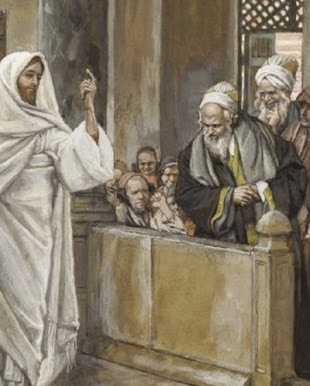
Fr. René J. Butler, M.S. Director, La Salette Shrine Enfield, NH Christ answers the Pharisees ( Click here for today’s readings ) The Pharisees are at it again, putting Jesus to the test, but this time they seem to be off their game. They had to know what to expect. The answer was obvious. In fact, in Luke’s version of this episode, it is the Scribe, not Jesus, who gives this very answer. Even the addition of the “Second Greatest Commandment” in Jesus’ reply could not have come as much of a surprise. Apparently this pairing may not have been rare among rabbis in Jesus’ day. Again, in Luke’s version, the Scribe himself includes it. Note that neither the question nor the answer implies that other commandments could be neglected. All the commandments were to be observed with equal care. Jesus simply notes that the Two Great Commandments are the foundation for all the rest. The first reading illustrates this fact with unambiguous examples. It is a
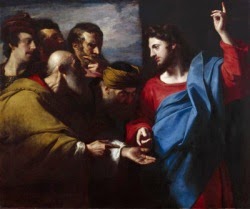
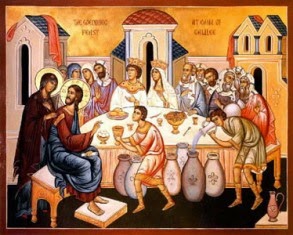
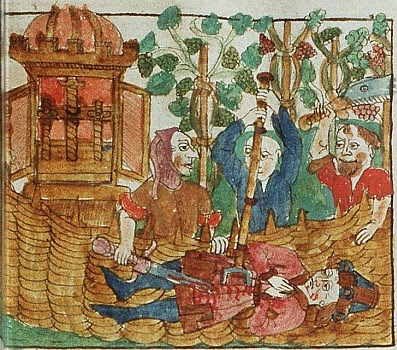
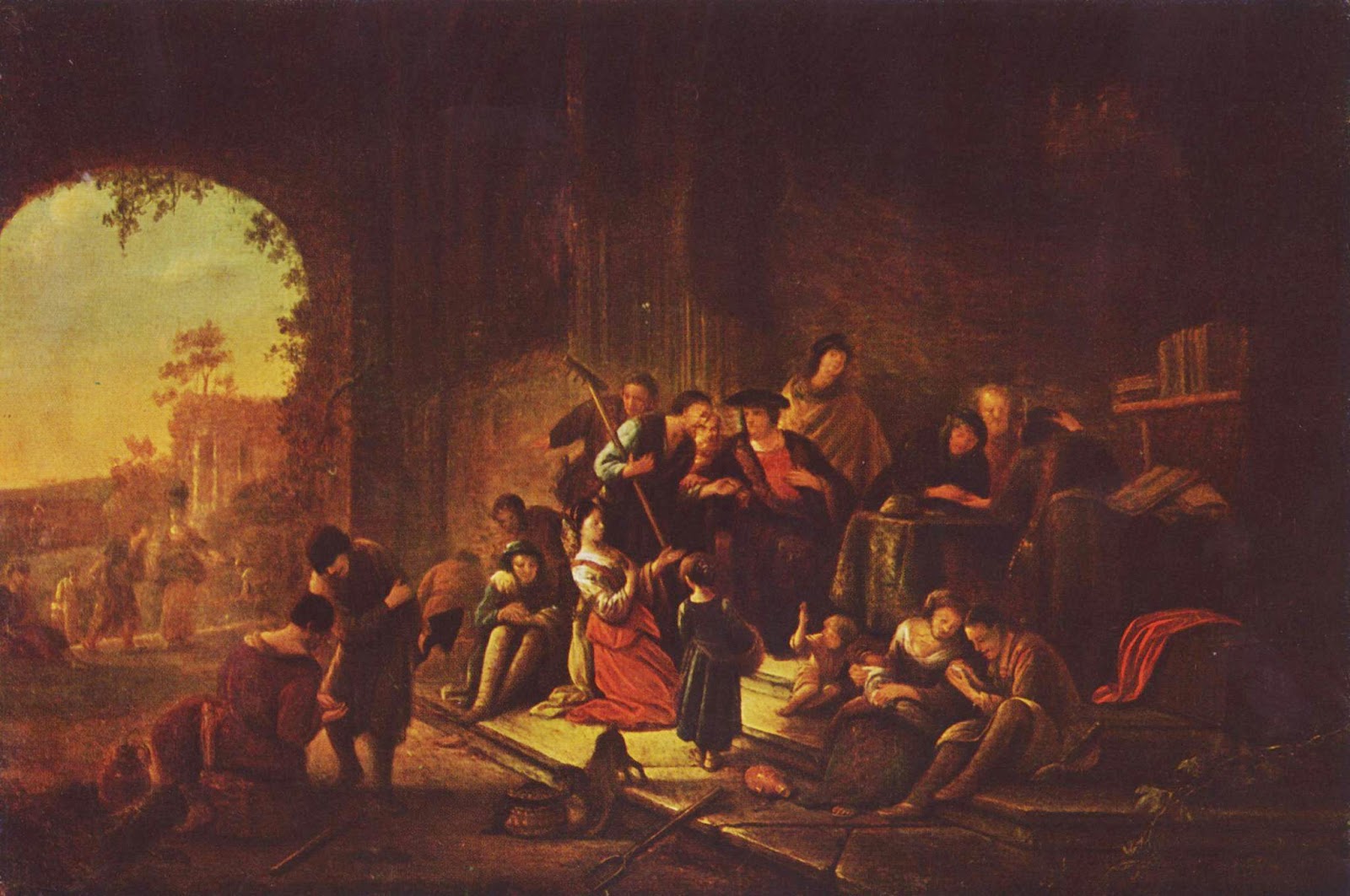
.jpg)